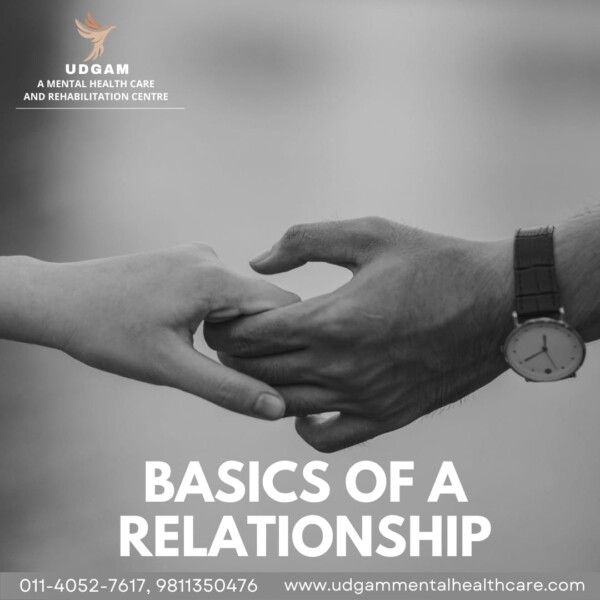Basics of a Relationship
“Honesty is the best policy”, and that is true for every relationship. When the intentions of the past, present, and future are clear, then a proper foundation can be laid down. But the meaning of a relationship is different for everyone. Not every feeling can fit into a box made by society. And that makes each bond special.

The foundation of a relationship is different for everyone, it can differ based on the individuals, culture, type of relationship, and purpose. But a basic level of trust is required to form a bond between two or more people.
A relationship has a history, a future goal, mistakes, and achievements. Think of a sports team, they train hard to work together, and along the way, they make mistakes and achieve a lot of targets while keeping winning at the national game as a future goal. Just like that, we need to be putting in the effort to maintain our relationships and not take them for granted. Your partner is growing up just like you are, at any stage of life, so the needs and goals can also change. You must be aware of the changes, as soon as possible for a smooth transition.
To do that you must keep in mind the 4 C’s of a relationship, which are pointers to help you navigate through these transitions. We can go as far as to say that these 4 C are the foundation of any relationship
Consent: when all parties involved know, acknowledge, understand and accept the event and its results. In the context of a relationship, it means understanding a person's thinking patterns and behavior and agreeing on a mutual goal. Giving consent for marriage, dating, sexual intercourse, etc. all require consent.
Communication: is to express yourself clearly. To not hide to avoid arguments, any false information can lead to miscommunication, which is sometimes very hard to overcome.
Commitment: is when both parties are working towards a common goal, that is a shared future. Both of them are willing to spend time and effort to make that future. Marriage is a commitment, and so is starting a family.
Compromise/Compassion: to understand the differences and fill in the gaps. There is a lack in every relationship, it is up to the couple to see where and when it can be filled. The couple can have different properties at a given time, neither is wrong to have them, but sometimes a compromise must be made by one party to help the other, it should be a mutual decision.
Healthy relationships include honesty, respect, affection, open communication, and mutual give-and-take. But no relationship is healthy all the time, problems come and go and so do the inevitable arguments, it is what occurs as a result of these arguments that determine the future of the relationship. When bad behavior is seen more often, then the relationship seems more unhealthy. The needs of the relationship should aid in your growth, not do the opposite
There are many reasons why you might be feeling unhappy in your relationship. One of the reasons can be that your needs are not being fulfilled. Your goals and your vision are blurred. Find out why it is happening. There can also be a big gap between what you need and what you express you need. If you feel that you are being held back from your goals, then there needs to be a serious discussion with your partner.
Think of the following questions before your discussion
- Can you trust your partner?
- Respect goes both ways, do you respect each other?
- Do you have honest and open communication?
- Do you support your partner’s interests, and do they support yours?
- Are you able to maintain your individual identity with them?
When an interaction between two individuals takes place, they start forming memories and spending time with each other. They enter a dyadic relationship. The characteristic of the dyad is that it should remain stable for the continued relationship. Each party must put in equal effort to sustain the relationship.
If your answers are mostly negative then, there is a need to change or repair your relationship. How, when, and why the change /repair must occur should be a mutual decision. There is professional help available, to dig out the root causes of disagreement. For any help or additional information stay tuned to the website.
[ratings]
Anuja Sathe
Counselling Psychologist




